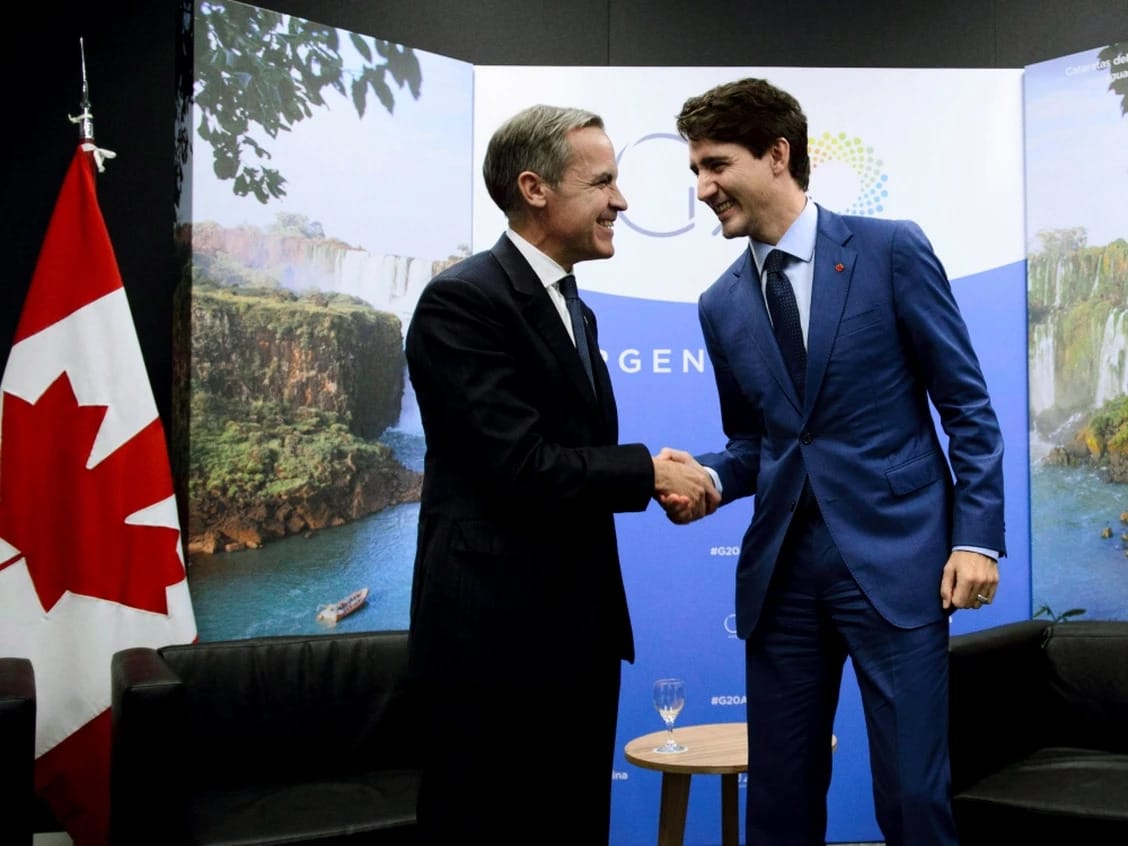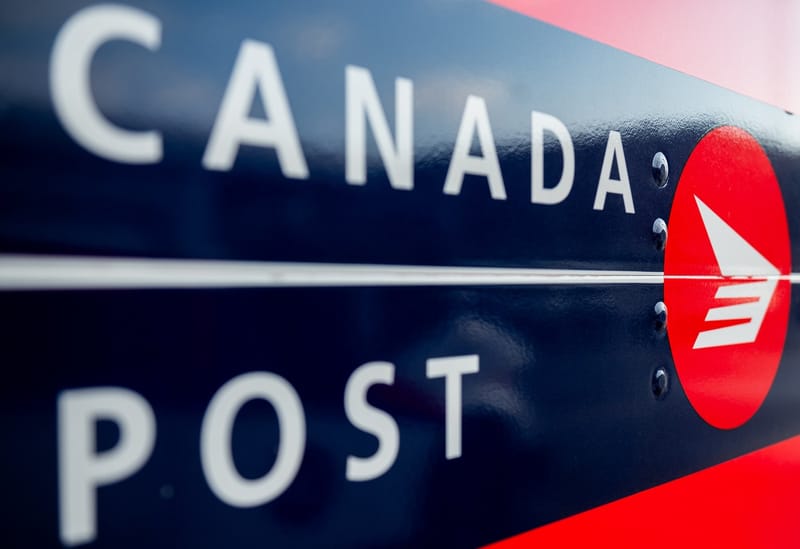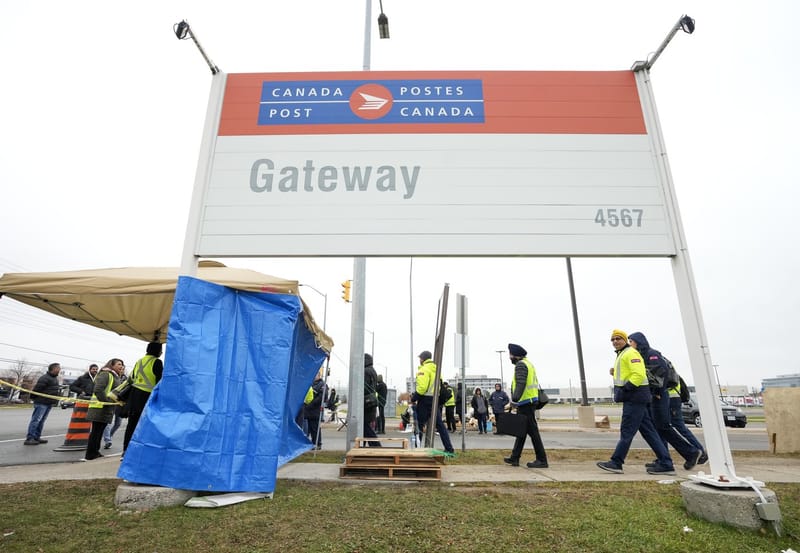Raymond J. de Souza: Trudeau's climate zealotry would be moderated if Carney were in the cabinet
Former attorney general Jody Wilson-Raybould’s blunt statement, “I wish that I had never met you,” could serve as a fitting epitaph for many political careers damaged by Trudeau.

The federal cabinet is currently holding its retreat in Halifax, but one notable figure is missing: Mark Carney. Despite meeting with Prime Minister Justin Trudeau earlier this year, Carney has not joined the cabinet.
Trudeau has reportedly been trying for years to recruit the former central banker, but his efforts have so far been unsuccessful.
Trudeau’s ability to diminish those he calls upon to serve has been striking. Over the years, he has managed to lose a governor general, a clerk of the Privy Council, and a speaker of the House of Commons—positions once thought to be beyond political compromise.
Even the respected former governor general David Johnston was brought in on an ad hoc basis, only to have his lifetime record tarnished.
Trudeau has also seen the departure of a finance minister, attorney general, Treasury Board president, and his principal secretary. The RCMP commissioner faced issues due to her interactions with Trudeau’s cabinet, and after the release of the Two Michaels, he lost his ambassador to China.
The WE Charity scandal, linked to Trudeau’s celebrity connections, left its Canadian branch in ruins.
Former attorney general Jody Wilson-Raybould’s blunt statement, “I wish that I had never met you,” could serve as a fitting epitaph for many political careers damaged by Trudeau.
Mark Carney, the former governor of the Bank of Canada and the Bank of England, is known for his ability to foresee economic trouble and act proactively. In terms of his potential future public service, avoiding Trudeau seems to be a prudent choice.
This absence means that the cabinet—and the nation—will miss out on a crucial debate about climate policy.
While Carney and Trudeau both recognize the urgency of reducing carbon emissions, their policy approaches differ significantly. Carney, as the United Nations Special Envoy on Climate Action and Finance, advocates for climate prosperity, aiming to lead Canada into a lucrative transition to a low-carbon economy.
In contrast, Trudeau’s approach focuses on climate penance, believing Canada should atone for its high-carbon past.
Carney, the optimistic investor, sees opportunities in climate action, whereas Trudeau, the stern moralizer, tends to shut down new developments.
The climate debate in Canada has generally revolved around the choice of policy tools: carbon tax, cap and trade, regulation, or incentives, and the jurisdictional balance between federal and provincial authorities.
However, the contrast between Mark Carney and Prime Minister Justin Trudeau represents a deeper ideological divide regarding Canada’s role in the global economy. Carney sees Canada as a potentially positive global player with abundant energy resources to offer the world.
He views the transition to net zero as a significant commercial opportunity, where market mechanisms and financial markets will reward those well-positioned to capitalize on carbon reduction.
Trudeau, on the other hand, perceives Canada’s role differently. He believes that Canada must atone for its past environmental missteps and should not take advantage of opportunities in climate change.
This perspective suggests that Canada must undergo a period of penitence, which he has enforced through decisions such as rejecting offers from Germany, Japan, and Greece to purchase Canadian natural gas, despite these countries’ urgent need for alternatives to Russian supplies. Trudeau's stance appears to prioritize climate moralism over economic opportunity.
In contrast, Carney, who has supported the carbon tax as one tool among many, is open to exploring other measures that could drive investment in the transition to a low-carbon economy. He would likely advocate for a more balanced approach that leverages Canada’s resources while addressing climate goals.
The absence of Carney from the current cabinet retreat highlights the missed opportunity for a more nuanced debate on these critical issues. Ideally, such discussions would occur openly, allowing for a more comprehensive exploration of Canada's climate and economic strategies.





